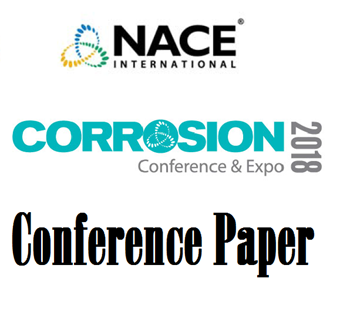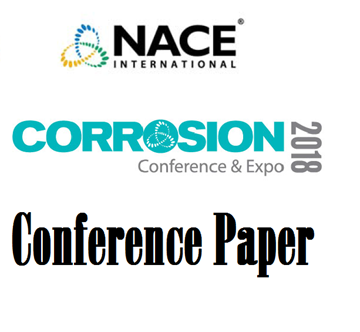Search
51318-10920-High strength steel SSC evaluation in mild sour environments at ambient and high temperatures
Also Purchased
51318-10919-The Study on Residual Stresses in OCTG and Its Effect on Pipe Sour Cracking (SSC) Performances
Product Number:
51318-10919-SG
Publication Date:
2018
$20.00
06127 EFFECT OF TESTING TEMPERATURE ON SSC PROPERTIES OF LOW ALLOY STEEL
Product Number:
51300-06127-SG
ISBN:
06127 2006 CP
$20.00
51318-10918-Control of Corrosion Inhibitor Fouling in Highly Sour System
Product Number:
51318-10918-SG
Publication Date:
2018
$20.00




